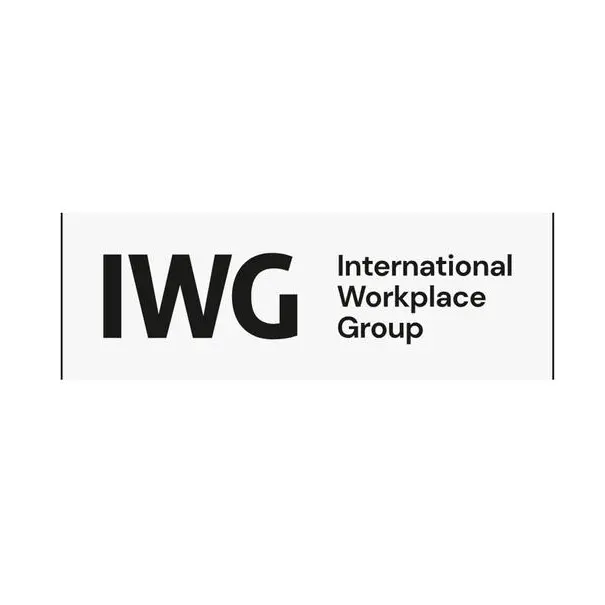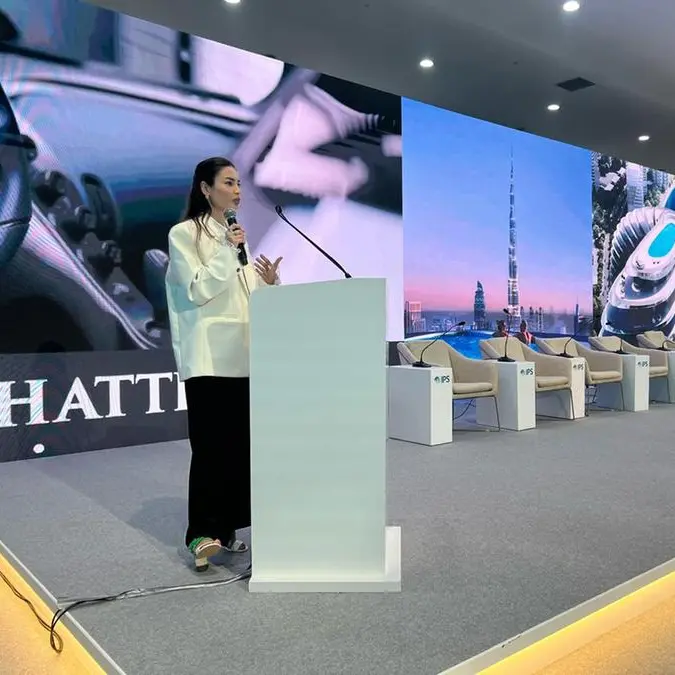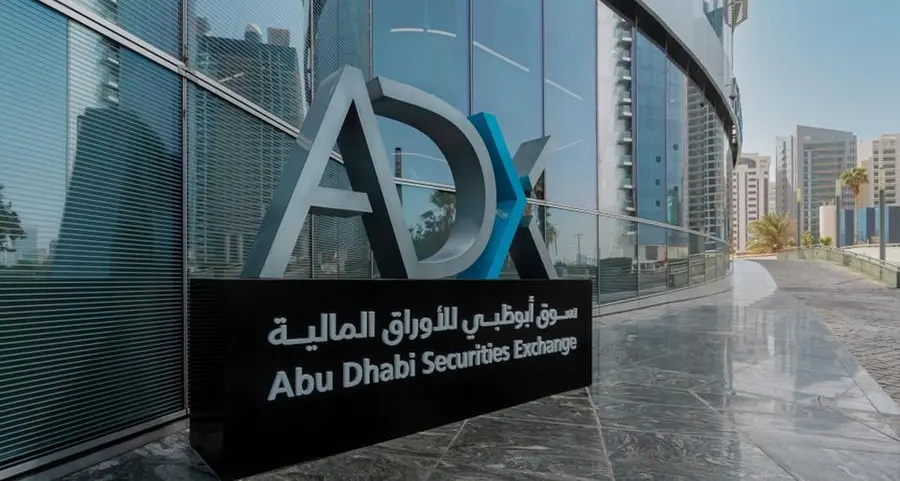PHOTO
- Qatar: GDP growth to rise to 2.1% before more than doubling in 2026-27 as new liquefied natural gas (LNG) capacity comes online
- Bahrain: Economic growth expected to double to 2.8% this year, with the non-oil economy expanding by 3.1%
United Arab Emirates: The GCC economy is expected to show resilience in the face of rising global protectionism and geopolitical tensions, according to the latest ICAEW Economic Insight report prepared by Oxford Economics. Despite the uncertain global outlook, the report forecasts Middle East GDP growth of 3.3% in 2025, with GCC economies set to grow by 4%, up from an estimated 1.8% in 2024.
GCC: Regional growth will withstand tariff headwinds
While President Trump's tariff policies have created uncertainty over external demand, the GCC remains largely sheltered from direct tariff impacts. The region's non-energy sectors are projected to grow by 4.4% this year, up from an estimated 3.9% in 2024, with regional PMI data firmly in expansionary territory.
Following recent OPEC+ policy shifts, oil production will gradually increase from April, boosting oil-sector growth to 3.2% after two years of contraction. Saudi Arabia’s, oil output is expected to reach 9.3 million barrels per day, driving oil sector growth of 1.9%, while the UAE’s higher quota of 3.5 million barrels per day will support 4.8% growth.
Oil prices have fallen sharply in recent weeks due to tariff threats and increased OPEC+ supply, with prices forecast to average $70.5 per barrel this year, down from $80.5 in 2024.
Saudi Arabia and the UAE are expected to lead non-oil sector growth with 5.8% and 4.8% respectively. Tourism – the fastest-growing sector across the region in 2024 – will remain a vital engine for growth, with Saudi Arabia expecting continued expansion supported by the GCC-wide visa.
Qatar: GDP growth will gain pace despite external headwinds
Qatar's GDP is forecast to expand by 2.1% this year, with growth expected to more than double in 2026 as additional LNG capacity comes online. The non-energy economy is projected to grow by 2.9% this year, remaining the primary growth engine.
Tourism has provided significant support to Qatar's non-energy growth, with overnight arrivals reaching 5 million by end-2024, a 23% increase on 2023. The launch of the pan-GCC visa, is expected to push visitor numbers to 5.3 million in 2025.
The fiscal surplus is forecast at QAR27.3bn (3.3% of GDP) in 2025, significantly better than the deficit of QAR13.2bn pencilled into this year's budget.
Bahrain: The non-oil economy will continue to lead growth
Bahrain's economy is set to double its growth rate to 2.8% this year, with the non-oil economy expanding by 3.1%. The oil sector, after contracting by an estimated 2.4% in 2024, is expected to see a modest 0.9% recovery.
As part of its diversification efforts, Bahrain is establishing new industrial free zones and developing tourism infrastructure, including a $427 million waterfront project. However, persistent budget deficits and a rising debt burden above 100% of GDP pose downside risks to growth.
Hanadi Khalife, Head of Middle East, ICAEW, said: “The business landscape across the GCC continues to demonstrate resilience and adaptability in the face of global economic uncertainty. We're seeing strong investment in key sectors like tourism and infrastructure, which are creating new opportunities for growth.”
Scott Livermore, ICAEW Economic Advisor, and Chief Economist and Managing Director, Oxford Economics Middle East, said: “The GCC's projected 4% growth in 2025 highlights the region's ability to withstand external pressures while advancing its diversification efforts. Despite softer oil prices, the gradual easing of OPEC+ production cuts will support energy sector growth after two years of contraction.”
-Ends-
Link to the report: HERE
Media enquiries:
Layth Kamal, Mojo PR, on email icaew@mojo-me.com
About ICAEW
Chartered accountants are talented, ethical and committed professionals. ICAEW represents more than 208,000 members and students around the world.
Founded in 1880, ICAEW has a long history of serving the public interest and we continue to work with governments, regulators and business leaders globally. And, as a world-leading improvement regulator, we supervise and monitor over 12,000 firms, holding them, and all ICAEW members and students, to the highest standards of professional competency and conduct.
We promote inclusivity, diversity and fairness and we give talented professionals the skills and values they need to build resilient businesses, economies and societies, while ensuring our planet's resources are managed sustainably.
ICAEW is the first major professional body to be carbon neutral, demonstrating our commitment to tackle climate change and supporting UN Sustainable Development Goal 13.
ICAEW is a founding member of Chartered Accountants Worldwide (CAW), a global family that connects over 1.8m chartered accountants and students in more than 190 countries. Together, we support, develop and promote the role of chartered accountants as trusted business leaders, difference makers and advisers.
We believe that chartered accountancy can be a force for positive change. By sharing our insight, expertise and understanding we can help to create sustainable economies and a better future for all.
About Oxford Economics
Oxford Economics is one of the world's foremost advisory firms, providing analysis on 200 countries, 100 industries and 3,000 cities. Their analytical tools provide an unparalleled ability to forecast economic trends and their economic, social and business impact. Headquartered in Oxford, England, with regional centres in London, New York, and Singapore and offices around the world, they employ one of the world's largest teams of macroeconomists and thought leadership specialists.




















